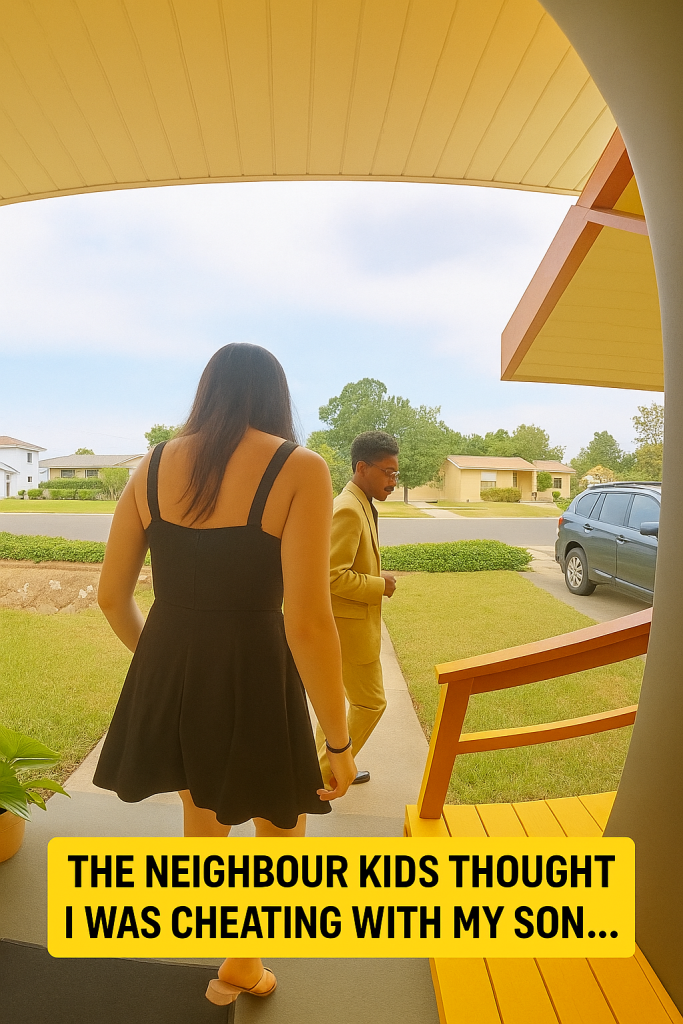In today’s hyper-connected world, a single social media post can have far-reaching consequences, extending well beyond the digital realm and deeply impacting real-life relationships. A recent wave of stories has emerged around individuals whose personal lives became the subject of intense neighborhood gossip following viral accusations—often with little evidence but lasting reputational damage.
One common narrative that has captured attention is from a social media user who lamented, “Now the whole neighbourhood thinks I’m a cheater 💀😭.” This succinct and heartfelt expression encapsulates a much larger social phenomenon: how rapidly misinformation or unverified gossip can lead to a collective judgment passed on a person within a close-knit community.
Experts on social dynamics and online behavior note that such situations are often sparked by ambiguous posts, screenshots taken out of context, or indirect allegations shared on platforms where viral engagement outweighs fact-checking. Once a claim spreads beyond the original poster’s social circle, it can quickly snowball, turning neighbors and acquaintances into unwitting participants in character assassination.
In many recent cases throughout 2024, affected individuals report feeling isolated and publicly shamed despite a lack of concrete proof. One anonymous resident described the experience as “living in a fishbowl, where every smile from a neighbor feels like a quiet accusation.” The rise of neighborhood group chats and local forums has only accelerated the spread of such narratives, making it difficult to contain or correct misunderstandings once they gather momentum.
This trend shines a light on broader issues of privacy invasion, the rush to judgment in digital spaces, and the emotional toll of public shaming. It also raises important questions about the responsibility of social media users to verify facts before sharing potentially damaging content.
Community leaders and mental health advocates urge neighborhoods to cultivate environments of empathy and caution against the human tendency to assume guilt based on hearsay. They emphasize the importance of direct communication and conflict resolution that respects the dignity of all involved parties. “When claims arise, it’s crucial to prioritize dialogue over gossip,” advises a local counselor. “Jumping to conclusions can fracture communities and deep friendships.”
While viral stories of accused cheaters and the ensuing neighborhood drama often attract initial fascination online, the aftermath can be deeply painful and long-lasting. For many, rebuilding trust and reputation requires transparency, time, and sometimes professional mediation.
In this digital age, the story serves as a cautionary tale about the ripple effects of words typed impulsively and shared without verification. As social media continues to intertwine with everyday life, individuals and communities alike must navigate the delicate balance between staying connected and protecting one another’s reputations from the destructive power of unfounded rumors.



